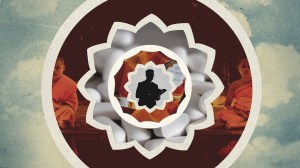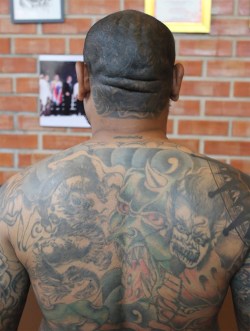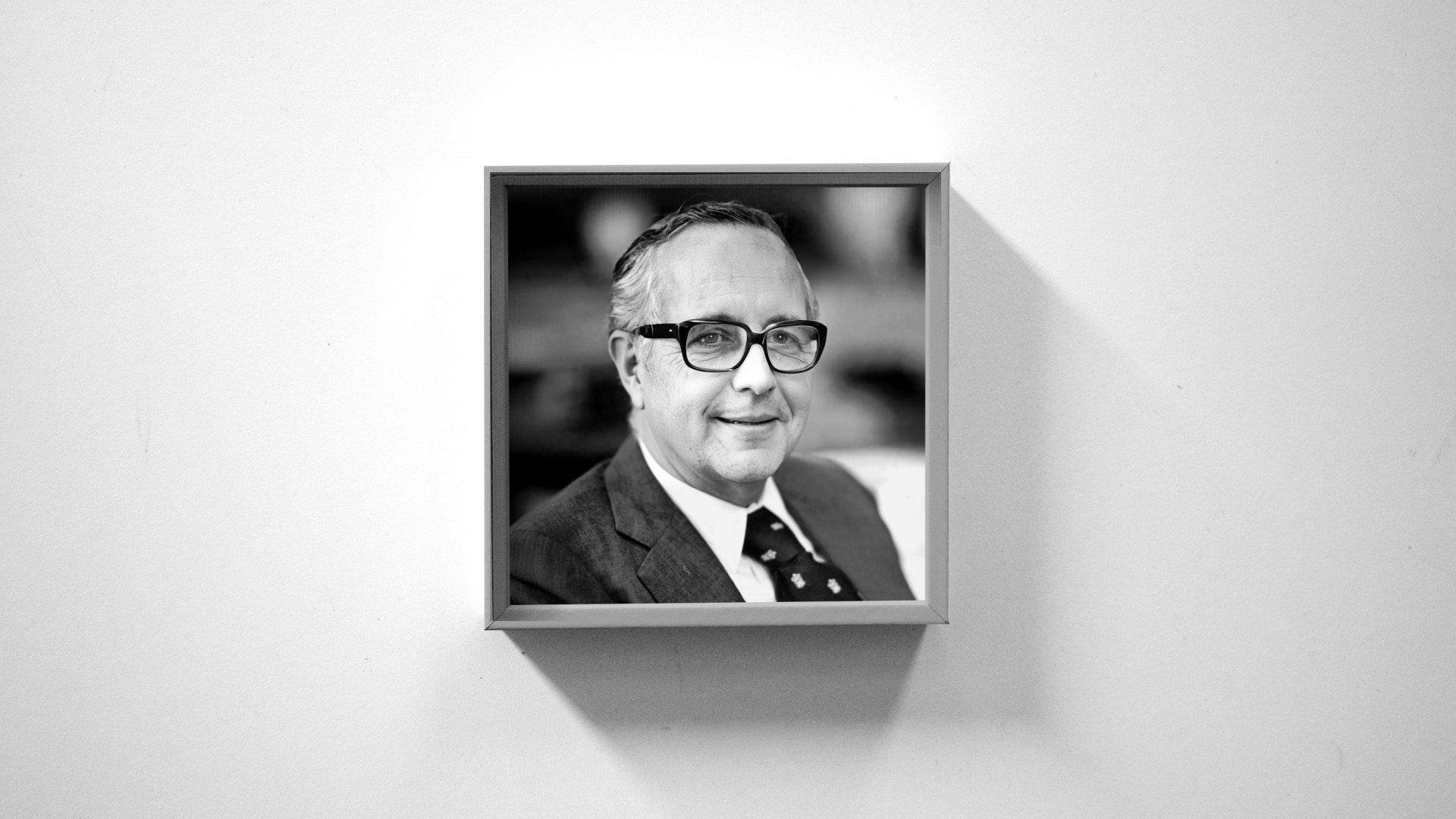Last month, mob violence took the life of Lazar Masih of Pakistan. Hundreds of Muslims responded with brutality to accusations that the 74-year-old Christian had desecrated a Quran—even before he could be tried under the nation’s blasphemy law.
A year earlier, in a similar blasphemy accusation, thousands of rioters burned hundreds of 400 homes and 26 churches, sending Christian villagers fleeing for safety. The US Commission on International Religious Freedom (USCIRF) has consistently condemned this hostile climate as unjust, including in a special update issued last December.
“The brutal killing of Lazar Masih is an alarming reminder of the dangers of merely being suspected or accused of blasphemy in Pakistan,” stated USCIRF chair Stephen Schneck. “The country’s draconian blasphemy law signals to society that alleged blasphemers deserve severe punishment, which emboldens private individuals and groups to take matters into their own hands. Pakistani authorities must hold those responsible for his death accountable.”
Accountability is rare.
In 2011, Pakistan executed the assassin of Salman Taseer, a former governor outspoken in his criticism of such laws. But from 1994 to 2023, 95 individuals were killed in blasphemy-related extrajudicial attacks, according to data compiled by the Lahore-based Centre for Social Justice (CSJ). Stretching back to 1987, at least 2,449 people have faced legal accusations.
USCIRF has recommended Pakistan be classified as a Country of Particular Concern (CPC) since 2002 for its violations of religious freedom. Created by the 1998 International Religious Freedom Act (IRFA), the independent bipartisan watchdog lobbies US policy to press reform on egregious offenders.
In January, Rashad Hussein, the US ambassador-at-large for international religious freedom, commemorated the 25th anniversary of IRFA by honoring CSJ executive director Peter Jacob as one of nine award recipients for his dedication to the cause.
In particular, he praised CSJ for compiling Pakistan’s only comprehensive database of blasphemy-related arrests, prosecutions, and killings. Last year, 329 suffered under the law, and 7 people were killed before ever reaching the court.
But of the accused, only 11 were Christians. High-profile cases such as Masih’s tend to reach Western and persecution-monitoring media, overlooking the 247 Muslims who were overwhelmingly targeted in a nation that is 97 percent Muslim.
Christians still suffer disproportionately, but Jacob works in defense of all. Since CSJ has started tracking data, 52 percent of accusations have been lodged against Muslims, 32 percent against Ahmadis (a heterodox Islamic offshoot founded by a messiah-like figure), 12 percent against Christians, 2 percent against Hindus, and 2 percent are of unconfirmed identity. Nearly 600 people are currently detained in prison.
With such data, Jacob lobbies the government. In advance of last February’s elections, he won concrete pledges to address minority rights issues in the platforms of three major political parties, who went on to win over half of Pakistan’s legislative seats.
Obtaining reform is more difficult.
Last year, parliament voted to increase the punishment for blasphemy offenses from three to ten years’ imprisonment. It also added language to forbid insults against the companions of Muhammad, which can implicitly target minority Shiites.
The US State Department has adopted USCIRF’s CPC recommendation since 2018. Open Doors ranks Pakistan No. 7 on its World Watch List of countries where it is hardest to be a Christian.
Jacob founded CSJ in 2014 and has spent 35 years in human rights work. He obtained a master of laws degree from Notre Dame University and served 18 years as executive director of the National Commission for Peace and Justice, established by the Catholic Bishops’ Conference on Pakistan.
CT asked Jacob about hate speech protections for Christians, why Muslims accuse each other of blasphemy, and how faith sustains him in an uphill battle:
Why are Christians disproportionally accused of blasphemy?
Christians take pride in the fact that their leadership supported the creation of Pakistan, and remain politically and socially active in the country while contributing to its welfare and defense.
But this sentiment is in a direct clash with the monolithic view of Pakistan championed by sectarian parties and extremist groups. Persecuting minorities became politically advantageous in the pursuit of religious nationalism, and as Christians resisted the human rights violations against them, their victimization only increased in scope.
Today, it is the Shiite Muslim sect that is predominantly persecuted. But as blasphemy laws were introduced by the military government in the early 1980s, and especially since 1992 when they were fully activated, Christians have been among the foremost victims.
Are the accusations based on fact?
Given the harsh punishments in the law and an environment of hostile social behavior, it is safe to say that blasphemy, in the real sense, is almost nonexistent. The entire range of cases is either totally or partially fabricated.
Experts widely believe that the civil law prohibitions of disrespect to the Quran and insult against the Prophet Muhammad are massively misused. Even so, the laws are discriminatory, religion-specific, and lack the safeguards built into criminal justice systems throughout the world. As the law fails to take into consideration the element of intent, it tends to punish the accused on mere suspicion.
How do Muslim-world blasphemy laws differ from legitimate hate speech protections?
In many Muslim majority nations like Turkey and the United Arab Emirates, blasphemy is not treated as a major offense. But Saudi Arabia, Afghanistan, and Iran assign severe punishments up to the death penalty, established through religious decrees. Pakistan’s blasphemy laws came through an illegitimate military dictatorship, and then was later approved by parliament—which was assumed as popular approval—and subsequent political manipulation turned them into a social movement.
Nevertheless, the United Nations has urged all states to repeal blasphemy laws as inconsistent with human rights. Hate speech can cause human suffering. Given that defamation of religion is determined by perception, it is impossible to measure damage to a nonliving concept.
Incitement to violence should be the true area of concern.
Are Pakistani Christians in need of hate speech protections?
The law already has provisions to deal with hate crimes and provocation to animosity. The amendments to create blasphemy laws were therefore unnecessary and have created more tension and sparked more conflict than anything it has resolved.
Religious minorities have become vulnerable regarding their physical safety. In fact, after the 2013 suicide bombing at a church in Peshawar, the supreme court issued orders to ensure the protection of places of worship, secure minority participation in public policy, and promote their economic well-being.
Unfortunately, implementation is still pending.
I do not imagine there are any quick fixes. But building a counternarrative of inclusion can begin by undoing faulty provisions in existing blasphemy laws to add workable safeguards. This would include defining the offense of an insult, exempting unintended actions or speech, and delineating the scope of nonbelievers to speak about another religion.
Why do Muslims accuse each other of blasphemy?
Sectarian differences have rattled society.
Religious intolerance was first directed at the Ahmadi school of thought, a 19th-century offshoot of Islam that developed in India, as its founder claimed to be a prophet. As Muhammad is considered to be the final prophet, the law has barred Ahmadis from calling themselves “Muslims” since 1974, and a decade later prevented them from using Islamic symbols. Deeming their beliefs and practices as heretical, many organizations nurtured hostility toward them even to the point of human rights violations, criminal violence, and outright persecution.
This exclusion and intolerance then became part of Pakistan’s overall social climate. Christians became the next victims, and later Shiites and other minorities have also been on the receiving end.
The state became hostage to an ill-conceived law and unscrupulous implementation, aggravating otherwise ordinary individual community conflicts. Differences in interpretation among Muslim sects caused further tension, as extremists labeled other sects as apostates and blasphemers.
By virtue of their weaker status, minority groups suffer the most.
Does the blasphemy law impede the church and its witness?
There is abundant evidence that these laws have violated the freedom of religion, opinion, and expression of even the most legitimate religious leaders. But furthermore, they have created a generation of disenchanted youth who have turned away from those who use these laws to further their own vested interests.
It is difficult for the new generation to find a genuine discourse on religion.
If Pakistan adopted the American respect for religious freedom, ensuring the noninterference of the state in personal affairs of faith, this would not only be a way forward for the church but result in a transformation of the entire social order.
How does CSJ contribute to this goal?
Although those who joined hands to create Pakistan had varied objectives, there is ample evidence the state was to be a democracy based on the principles of equality and equity. What we see now related to freedom of religion is an aberration and contradiction to this original objective, so we dedicate our efforts to defining an alternative view of Pakistan.
And therefore, as an independent and multifaith human rights organization, we advocate for alternative public policies. We do this primarily by collecting data on the abuse of blasphemy laws, sharing our findings, and proposing remedies for relief.
We argue that the government should set up a commission of inquiry to investigate the scale and magnitude of this abuse and empower it to act on its findings. We seek allies to join in this demand and improve upon our recommendations.
Unfortunately, the authorities have not followed through.
Does personal faith sustain your advocacy?
I was raised Catholic within the ecumenical Christianity of Pakistan, and my worldview was informed primarily by Catholic social teachings. In my youth, I was particularly impressed by liberation theology and its concept of active nonviolence. As such, I have chosen to work for much of my life—but not exclusively—with Catholic organizations.
Jesus was accused of blasphemy—evidence of how a collective entity can level such atrocious charges for their personal gain. His parable of the Good Samaritan teaches us to reach out to all people in their distress, regardless of their identity. The Christian tradition contributed strongly to the development of human rights, as a neutral ground for all human beings.
I believe this is the best outcome of religious and educational experience.
At CSJ, we are strong believers in human goodwill. Our movement has endured difficult times through a deep faith that the people of Pakistan will change the course of our national history. This hope, along with our marginal successes, encourages us to continue the struggle.
Please keep us in your prayers.


























































